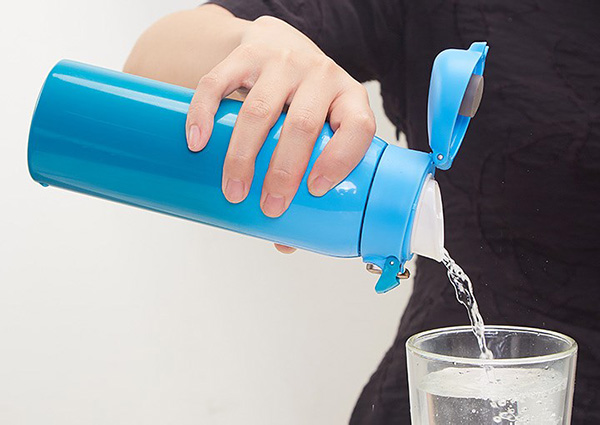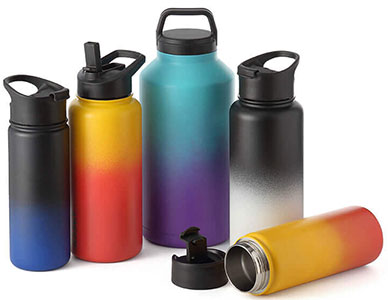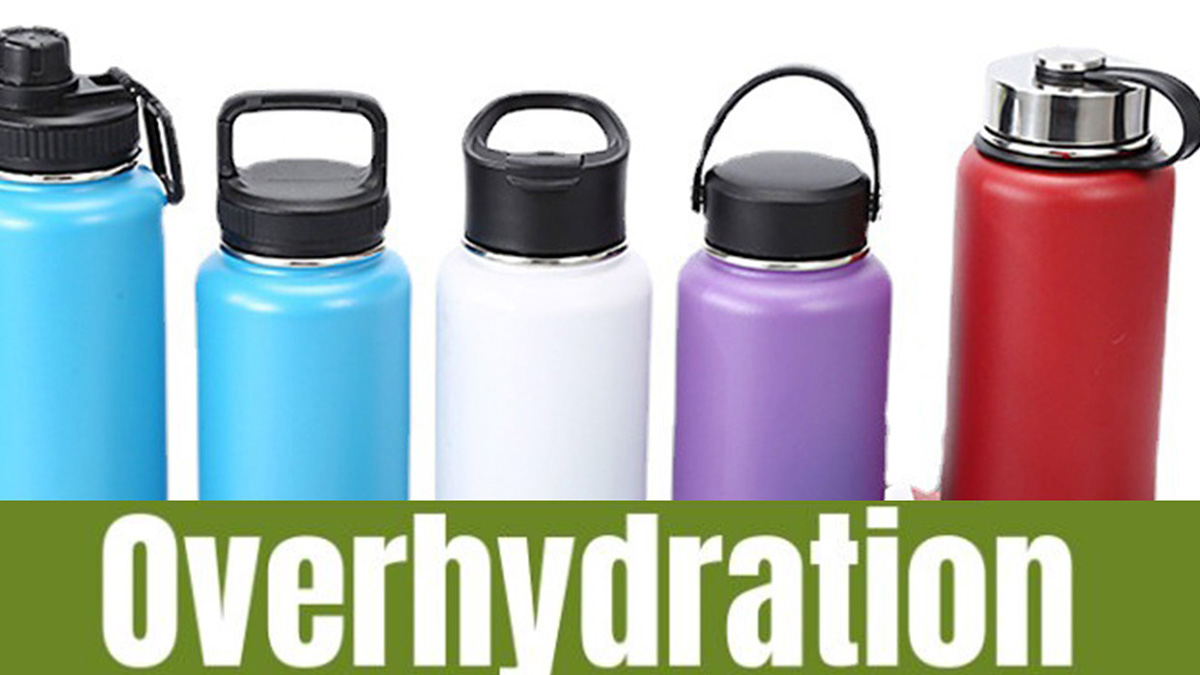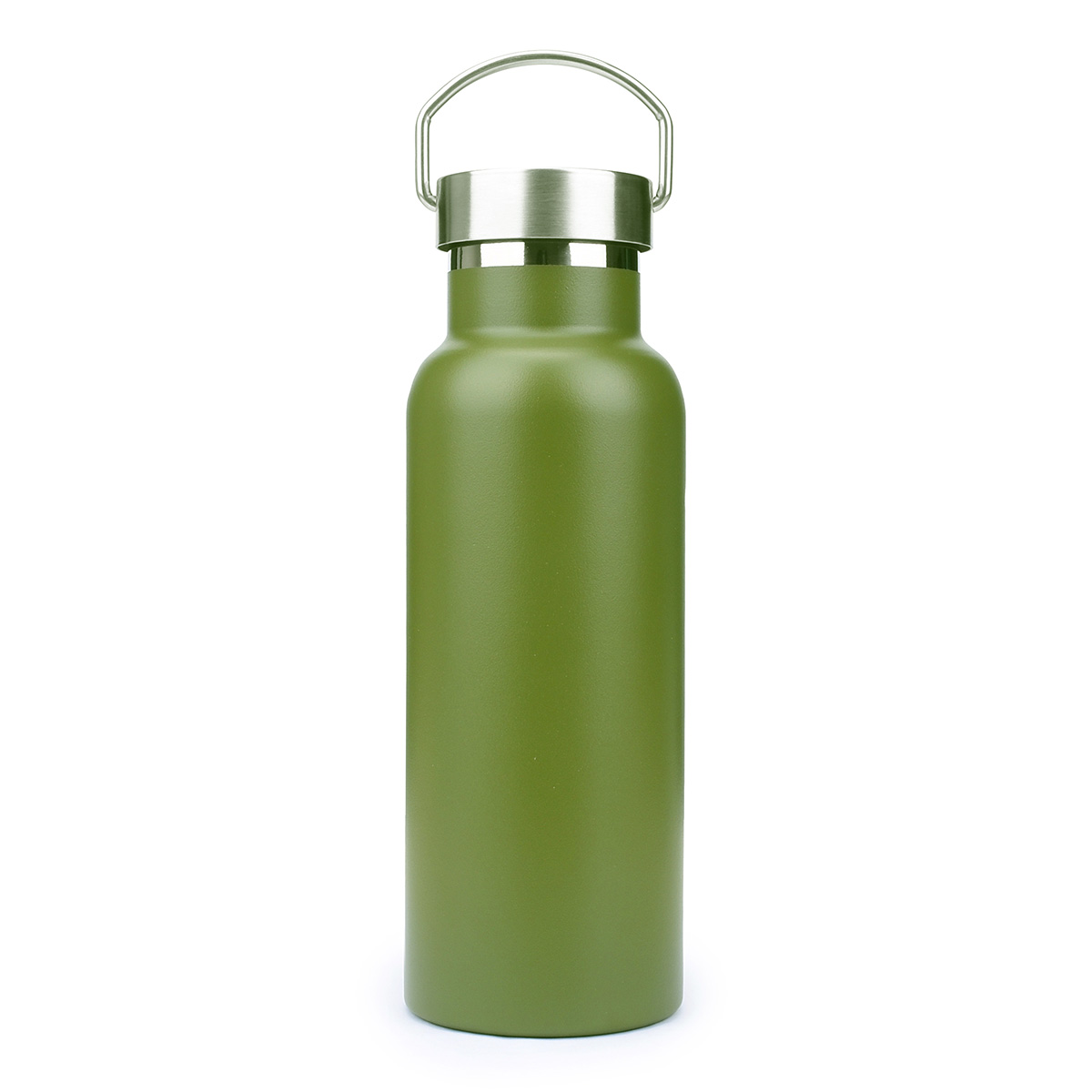In a world where staying hydrated is often touted as a key to good health, the concept of consuming too much water might seem counterintuitive. However, just as insufficient hydration can lead to a range of health issues, excessive water intake can also have detrimental effects on the body. This intriguing paradox brings us to explore the often overlooked topic of overhydration, its potential dangers, and the intricate balance our bodies maintain to function optimally. While water is undeniably essential for our well-being, understanding the potential consequences of its excessive consumption is crucial for maintaining a balanced and healthy lifestyle. In this article, we delve into the science behind overhydration, its impact on various bodily systems, and the signs that indicate when our quest for optimal hydration might be veering into risky territory. Join us as we navigate the delicate equilibrium between the benefits and perils of hydration!
1. What is overhydration?
Known as the name, overhydration means someone drinks excessive water moe than his or her body can eliminate. While water is essential for maintaining bodily functions and staying hydrated, consuming too much water in a short period of time can lead to an imbalance in electrolytes, primarily sodium, in the blood. This condition is called hyponatremia.
Sodium is an electrolyte that helps regulate the balance of fluids in and around cells. When the level of sodium in the blood becomes diluted due to excessive water intake, it can disrupt the normal functioning of cells and organs. This can lead to various symptoms and, in severe cases, can even be life-threatening.
2. What will happen if one is overhydrated?

If someone is overhydrated, meaning they have consumed an excessive amount of water that leads to a condition called hyponatremia (low sodium levels in the blood), several potential health effects can occur. The severity of these effects depends on the extent of the overhydration and the individual’s overall health. Some symptoms may appear with the overhydration:
- Nausea and Vomiting: Electrolyte imbalances, particularly low sodium levels, can affect the gastrointestinal system and lead to feelings of nausea and vomiting.
- Headache: The dilution of sodium in the blood can cause water to move into brain cells, leading to swelling and increased pressure within the skull. This pressure can result in headaches and contribute to other neurological symptoms.
- Changes in Mental State: Hyponatremia can disrupt normal brain function, leading to confusion, disorientation, and altered mental status. In severe cases, it might progress to more serious cognitive issues.
- Drowsiness: As the brain’s functioning is affected by low sodium levels, it can result in feelings of drowsiness and fatigue.
- Muscle Cramps: Electrolyte imbalances can affect muscle function, leading to muscle cramps and weakness. Sodium plays a critical role in maintaining proper muscle contraction and nerve function.
3. What are the causes for overhydration?
Generally speaking, there are two ways leading to overhydration: you drink too much water or too much water retain in your kidney.
- Drinking too much water: When you consume more water than your kidneys can excrete through urine, your body’s water volume increases. This can lead to a situation where the electrolytes, particularly sodium, in your body become diluted. This dilution of sodium is known as hyponatremia, and it’s the main concern with overhydration. Hyponatremia can lead to the movement of fluids inside cells, causing inflammation and potentially affecting various bodily functions.
- Conditions and drugs: Certain medical conditions and medications can cause increased thirst and water intake, contributing to overhydration. Schizophrenia, some drugs like MDMA (ecstasy), antipsychotic drugs, and diuretics can lead to excessive thirst and water consumption, potentially resulting in overhydration.
- Retaining water: Some medical conditions interfere with the body’s ability to eliminate water properly, causing water retention. Conditions like congestive heart failure (CHF), liver disease, kidney problems, and syndrome of inappropriate antidiuretic hormone (SIADH) can disrupt the body’s water balance and lead to overhydration. Certain medications, including nonsteroidal anti-inflammatory drugs (NSAIDs), can also contribute to water retention.
4. Who is easy to get overhydration?
Certain groups of people are more prone to overhydration due to various factors. Here we list some groups that are at a higher risk of developing overhydration:
- Endurance athletes: Individuals participating in endurance sports like long-distance running, cycling, or triathlons can be at a higher risk of overhydration, especially if they drink excessive amounts of water without properly replenishing lost electrolytes through sweat. The combination of intense physical activity and excessive fluid intake can dilute sodium levels and lead to hyponatremia.
- Hot weather environments: In hot and humid climates, the risk of dehydration can lead some individuals to consume large amounts of water to stay hydrated. If they only drink water without replacing lost electrolytes, it can increase the risk of overhydration.
- Rugby players: Intense physical activities like rugby matches can lead to significant fluid loss through sweating. Players might consume water during the game, but if electrolyte intake isn’t balanced, it can contribute to overhydration.
- Elite rowers: Rowing involves sustained exertion and sweating, leading to fluid loss. If rowers consume too much water without addressing their electrolyte needs, it can increase the risk of overhydration.
- Military members intraining: Military training often involves physically demanding exercises and exposure to challenging environmental conditions. In an effort to stay hydrated, personnel might drink excess water without considering electrolyte balance.
- Hikers: Hiking in hot weather can lead to significant fluid loss through sweating. Hikers might drink large amounts of water to stay hydrated, but if they don’t consume electrolytes, it can contribute to overhydration.
It’s important to note that while these groups might be more susceptible to overhydration, it’s still relatively rare for healthy individuals to develop water intoxication. Most people naturally regulate their fluid intake based on thirst and maintain proper electrolyte balance. Also, people with liver or kidney disease is more likely to suffer from overhydration. If you’re in one of these risk groups or are concerned about your hydration habits, it’s wise to consult a medical professional for guidance.
5. What to do if you are overhydrated?
The treatment for overhydration, or water intoxication, depends on the severity of the condition and its underlying causes. Here are the general approaches to treating overhydration:
- Cutting back on fluid intake: If you’re experiencing mild symptoms of overhydration and water toxicity, your healthcare provider may recommend reducing your fluid intake. This can help prevent further dilution of electrolytes in your body.
- Diuretics: In cases of moderate to severe overhydration, healthcare professionals might prescribe diuretics. Diuretics increase the production of urine, which can help remove excess water from the body. However, diuretics should only be used under medical supervision, as their inappropriate use can worsen electrolyte imbalances.
- Treating underlying conditions: If an underlying medical condition, such as kidney dysfunction or heart failure, is contributing to overhydration, treating that condition is essential. Addressing the root cause can help regulate fluid balance.
- Discontinuing problematic medications: If overhydration is being caused or exacerbated by certain medications, your healthcare provider might adjust your medication regimen or recommend discontinuing the medications responsible.
- Replacing sodium: In severe cases of hyponatremia (low sodium levels), healthcare professionals may administer intravenous (IV) fluids containing balanced electrolytes, including sodium. This helps correct the electrolyte imbalance and restore a healthy sodium concentration in the blood.
- Monitoring and observation: In more severe cases of overhydration, you might need to be monitored in a medical setting to ensure that your electrolyte levels are stabilizing and that you’re responding to treatment.
6. How to prevent overhydration?
To be honest, for averages, you don’t need to worry too much about overhydration. For those people at high risk of overhydration, such as endurance athletes, we’d provide the following suggestions:
- Weighing before and after Exercise: Weighing yourself before and after exercise is a practical way to estimate fluid loss through sweat. For every pound lost during exercise, it’s generally recommended to consume about 16-24 ounces (450-700 ml) of fluid to rehydrate.
- Pre-exercise hydration: Drinking 14-22 ounces (about 414-650 ml) of fluids about two to three hours before exercise helps ensure that you start your activity well-hydrated. This provides your body with enough time to absorb the fluids without causing discomfort during exercise.
- Use of sports beverages: For endurance activities lasting longer than an hour, sports beverages that contain electrolytes like sodium and potassium can be beneficial. These drinks help replace not only fluids but also the electrolytes lost through sweat. The presence of sugar can also provide a quick source of energy.
- Let thirst guide you: Listening to your body’s thirst signals is essential. If you’re thirsty during exercise, drink fluids to quench your thirst. This helps prevent overhydration and ensures that you’re meeting your body’s actual fluid needs.
- Personalized hydration plan: Each individual’s hydration needs can vary based on factors like body size, sweat rate, and environmental conditions. Consulting with a healthcare professional or a registered dietitian who specializes in sports nutrition can help you develop a personalized hydration plan that suits your specific requirements.
- Balancing electrolytes: Replenishing not only fluids but also electrolytes is important during and after endurance activities. Sodium and potassium are particularly important electrolytes that can be lost through sweat. Sports beverages can help address this.
- Medical guidance: If you’re an endurance athlete or plan to engage in intensive endurance training, it’s wise to consult with your doctor or a healthcare professional. They can provide advice tailored to your individual health status and guide you on safe and effective hydration practices.
7. How much water should you drink?
According to The Institute of Medicine (now known as the National Academies of Sciences, Engineering, and Medicine), a healthy adult should aim to consume approximately 78–100 ounces (about 9–13 cups) of fluids per day on average. This includes all fluids consumed from beverages and foods. But actually the amount of water you should drink varies based on several factors including age, gender, activity level, climate, and overall health. There’s no one-size-fits-all answer, but general guidelines can help you determine your hydration needs.
- Listen to your body: Pay attention to your body’s thirst cues. Drink water when you’re thirsty, as your body’s thirst signals are an effective way of maintaining proper hydration.
- Activity level: Your activity level plays a significant role in your hydration needs. If you’re physically active, especially during intense exercise or in hot weather, you’ll need more fluids to replace what’s lost through sweat.
- Sweat rate: Pay attention to how much you sweat during exercise. Weighing yourself before and after exercise can give you an idea of your fluid loss. For every pound lost, aim to drink about 16-24 ounces (450-700 ml) of fluid.
- Kidney’‘s elimination rate: The kidneys have a certain capacity to eliminate water from the body. They can typically process around 0.8-1 liter (27-34 ounces) of water per hour and 20-28 liters (676-948 ounces) of water daily. Exceeding this rate of elimination can contribute to overhydration.
8. Why not personalize a stainless steel water bottle for safer water intaking?
Wholesale standard mouth water bottles 17oz, Unit price: 5.99
In a word, overhydration is a problem can’t be ignored in our daily life. For individuals seeking a hydration solution that aligns with their unique needs, a personalized stainless steel water bottle presents an excellent choice. With such a bottle, you have the advantage of selecting a capacity that suits your lifestyle and daily routines. For instance, if you’re someone who spends a lot of time outdoors or engages in regular physical activity, opting for a larger capacity bottle ensures you have an ample supply of water to stay hydrated throughout the day.
The customization doesn’t stop there. You can establish a tailored drinking schedule that matches your water bottle’s volume. Let’s say you’ve chosen a 24-ounce water bottle. You might decide to set a goal of finishing two full bottles by midday and another two by evening. This structured approach encourages consistent hydration, especially when you have specific markers to gauge your progress.
Additionally, the beauty of having a personalized stainless steel water bottle lies in its flexibility. You’re empowered to adapt your water intake based on changing circumstances. If you’re more active on certain days or exposed to warmer weather, you can easily adjust your routine to accommodate increased fluid needs. Similarly, during less active periods or cooler conditions, you have the flexibility to decrease your intake while still meeting your body’s hydration requirements.
9. Conclusion
In a world where hydration is celebrated for its health benefits, the hidden danger of overhydration emerges as a critical concern. Striking the delicate balance between adequate fluid intake and excess consumption becomes essential. In our pursuit of well-being, understanding both the benefits and risks of hydration empowers us to make informed choices for a healthier life. If you want more information, please contact us!


